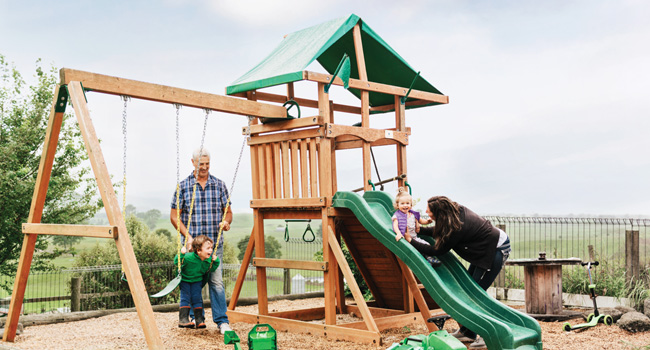Formula Alternatives: Which formula is best for my baby?

Breast milk is best for babies. It provides all the nourishment that a young baby needs, as well as other benefits. However, if you are unable or choose not to breastfeed and have recently decided to put your little one on to formula, you may have found yourself overwhelmed by the choices available out there. The good news is that within New Zealand, the make-up of formula is heavily regulated – this means that all of the infant formula and follow-on formula products which you’ll find in your supermarket will contain the appropriate levels of nutrients such as fat, carbohydrate and protein, and vitamins and minerals. So if you’ve made the decision to start using formula, you really can’t make an unsafe choice when buying one.
What is the most suitable formula for my baby?
If you able unable to breastfeed, the Ministry of Health recommends that you choose a formula based on cows’ milk, unless your doctor, dietitian or nurse specifically recommends a different type of formula for your baby. The majority of babies should happily tolerate cow’s milk based formulas and there should be little need for the use of alternative formulas. Alternative formulas can also be quite expensive so it is important to always consult your healthcare professional for advice before switching formulas, to ensure your baby is on the most appropriate formula.
When might my baby need an alternative formula?
The most common reason for children not being able to tolerate cow’s milk-based formula is due to an allergy to the type of protein found in cow’s milk. Babies diagnosed with a cow’s milk protein allergy will require an alternative formula. Extensively hydrolysed, amino acid and, in older infants (over 6 months), soy based formulas may be used for little ones suffering from a cow’s milk protein allergy. These types of formula are usually available on prescription, with some being available in supermarkets. It is therefore important to get a correct diagnosis by your healthcare professional, and tailored advice, before starting on any of these formulas.
Specialised lactose free formulas are also available, however, these are generally not necessary unless your child has a specific medical condition which you would have been advised about by your healthcare professional.